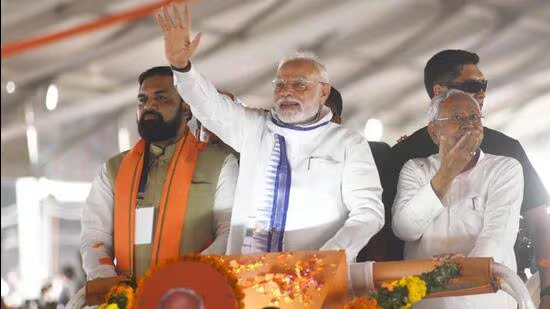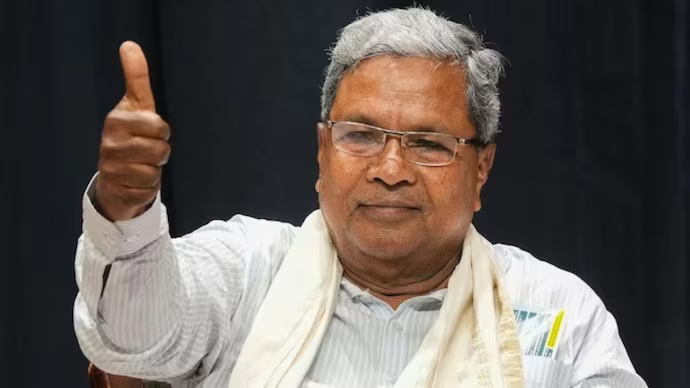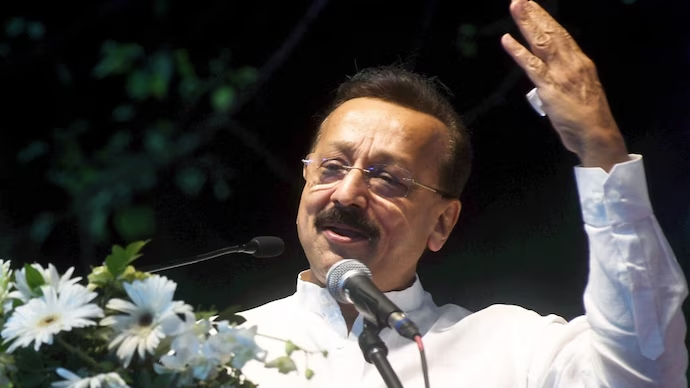In recent years, the integrity of democratic processes has come under scrutiny, particularly in countries like India where the stakes are high. A concerning proposition has emerged: the idea that elected governments should operate independently of the electorate for a full five-year term, irrespective of their actions.
This notion, often framed as a means to streamline governance and cut electoral costs, poses a grave threat to the fundamental principles of democracy. This article explores the implications of such a shift, the historical context of democratic governance, and the urgent need for public engagement to preserve the essence of representative democracy.
The Proposal: A Dangerous Shift
The suggestion that elected officials should be insulated from immediate electoral accountability raises significant alarm. This approach, often termed “one nation one election,” aims to align various levels of government elections, ostensibly to improve efficiency. However, such a consolidation of power risks creating a political environment where governments operate without the oversight of the electorate. This could lead to a scenario where accountability is sidelined in favor of unchecked governance—a recipe for authoritarianism disguised as administrative efficiency.
The push for this model has been championed by certain political leaders, most notably Narendra Modi in India. Critics argue that this initiative is not merely about efficiency; rather, it serves to fortify the dominance of a single party—the Bharatiya Janata Party (BJP)—and its leader. Such a consolidation threatens to undermine the democratic fabric painstakingly woven over decades, reverting instead to governance reminiscent of autocratic regimes.
Historical Context: The Evolution of Governance
To understand the dangers posed by this proposed model, it is essential to revisit the historical trajectory of governance and democracy. Human history has been marked by a gradual evolution from tribal systems and monarchies to structured forms of governance that emphasize representation and accountability. The fight against monarchies and oppressive regimes has been central to this journey, leading to the establishment of democratic frameworks that aim to ensure equality and citizen participation.
The principle of representative democracy is rooted in the idea that governments derive their legitimacy from the consent of the governed. This contrasts sharply with the proposed model, which appears to prioritize governmental efficiency over accountability. Such a reversal not only disregards the hard-fought battles for democratic rights but also risks dismantling the very structures that protect citizens from tyranny.
Economic Interests and Political Power
At the core of this debate lies the intersection of economic power and political influence. Economic monopolies thrive when political systems become subservient to corporate interests. The merging of these two spheres creates an environment where policy decisions favor a select few at the expense of the larger population. This trend is evident in various parts of the world, where governance is increasingly seen as a tool for facilitating business interests rather than serving the public good.
Critics argue that the push for reduced electoral accountability is an attempt by powerful economic actors to secure their interests. By minimizing the electorate’s role, these entities can operate with greater freedom, often to the detriment of democratic values and the welfare of the populace. The assertion that democracy can be streamlined for profit reflects a troubling disregard for the ideals of equality and representation that underpin democratic governance.
The Role of Public Engagement
In light of these challenges, it is imperative for citizens to engage actively in the democratic process. The idea that governmental efficiency should trump accountability is fundamentally flawed. History has shown us that unchecked power leads to abuses and the erosion of rights. It is not merely the responsibility of elected officials to uphold democratic values; it is also the duty of the electorate to hold them accountable.
The call for more frequent elections is not just about the inconvenience it may pose to the establishment; it is about ensuring that the voices of the people are heard and respected. As articulated in a powerful editorial in The Indian Express, elections must occur as mandated by constitutional provisions, regardless of the challenges this may present to those in power. A truly democratic society thrives on the principle that the government is answerable to its citizens, not the other way around.
The Threat of Authoritarianism
The movement towards diminished electoral accountability evokes fears of a new form of authoritarianism—what some have termed “Caesarism.” This concept suggests a shift towards a centralized form of governance where power is concentrated in the hands of a single leader or party, reminiscent of historical autocracies. The implications of such a shift extend beyond political structures; they touch upon the very identity of the nation and its people.
In a vibrant democracy, diversity of thought, opinion, and representation is crucial. The idea that a single narrative should dominate the political landscape undermines the multiplicity of voices that is essential to a healthy democratic society. Citizens must remain vigilant against any attempts to consolidate power and diminish their rights.
Conclusion
The proposition to insulate governments from electoral accountability poses a significant threat to the democratic ideals that have evolved over centuries. As history teaches us, the struggle for democracy is ongoing, requiring constant vigilance and active participation from the electorate. Citizens must advocate for their rights, ensuring that their voices are heard and that their governments remain accountable to them.
As we navigate these turbulent waters, let us remember that democracy is not merely a system of governance; it is a way of life that demands active participation and unwavering commitment. The strength of a democracy lies not in its efficiency but in its capacity to represent and serve its people. In the face of threats to these principles, it is incumbent upon each of us to stand firm and advocate for a future where democracy thrives, ensuring that the rich tapestry of diverse voices continues to shape the nation.



































